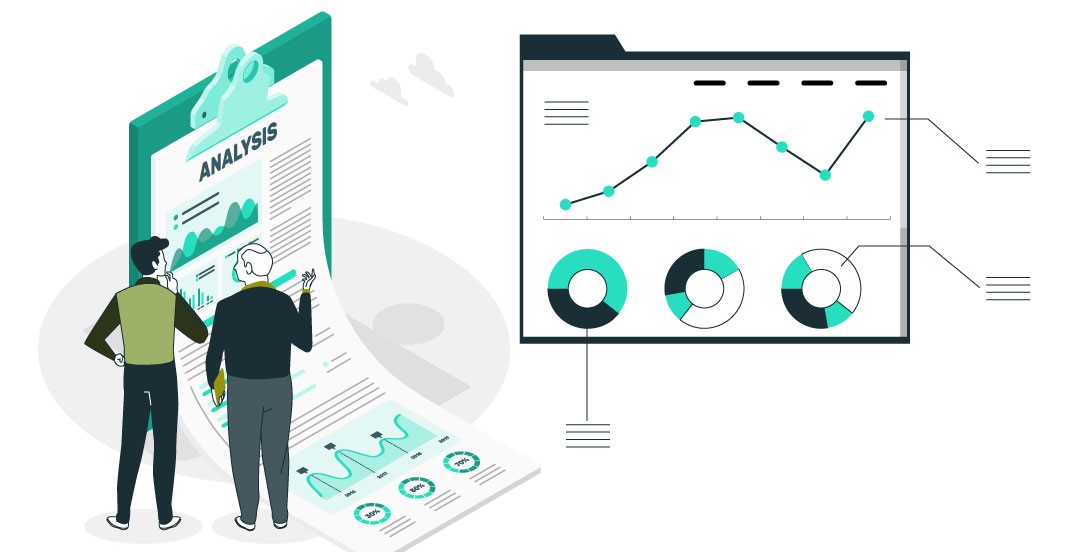Health anxiety is more than just occasional worry about your health. It’s an overwhelming fear and preoccupation with the idea that you are seriously ill, even when medical tests and professionals tell you otherwise. This condition can be distressing, as it often leads to unnecessary stress, constant self-checking, and frequent visits to the doctor. So, what exactly is health anxiety, and how can you manage the anxiety that comes with it? Let’s break it down.
What Is Health Anxiety?
Health anxiety, also known as hypochondria, is a psychological condition where a person becomes overly concerned with their health, interpreting normal bodily sensations or minor symptoms as signs of severe illness. Even when tests or medical professionals confirm that no serious health issues are present, the fear persists, often spiraling into panic.
For example, if you experience a headache, you may immediately jump to the conclusion that you have a brain tumor. A minor stomach ache could be perceived as a sign of cancer. The core issue with health anxiety is not the presence of symptoms, but the intense and irrational fear that these symptoms are a sign of something life-threatening.
The Fear Behind the Symptoms
The underlying fear behind health anxiety often stems from a combination of factors such as personal experiences, family health history, or even the exposure to health-related news and media. These factors can trigger heightened worry about one’s own health, leading to an excessive focus on any bodily sensations. This excessive focus is what fuels the anxiety symptoms, creating a vicious cycle that’s hard to break.
Some of the common anxiety symptoms that people with health anxiety experience include:
- Frequent checking for physical symptoms or sensations, like taking your pulse or examining your skin for signs of illness.
- Constant worry or intrusive thoughts about having a serious disease.
- Physical symptoms like dizziness, rapid heart rate, muscle tension, and stomach issues, all of which can be mistaken for more severe conditions.
- Frequent doctor visits or asking for constant reassurance, but still feeling anxious about your health.
The more you focus on these symptoms, the more intense and frequent they become. This only deepens the cycle of fear and worry, making it harder to break free from the grip of health anxiety.
What Causes Health Anxiety?
While the exact cause of health anxiety can vary from person to person, there are several common factors that contribute to the development of this condition:
1. Past Health Experiences
If you’ve had a previous serious illness, surgery, or a health scare, you may be more prone to developing health anxiety. The fear of facing a health crisis again can lead to constant worry and heightened sensitivity to any bodily sensations.
2. Family History
A family history of health problems or chronic illnesses may also increase the likelihood of developing health anxiety. People with a family history of heart disease, cancer, or other serious conditions may worry they are more susceptible to similar problems.
3. Media Influence
Health-related media coverage and stories about life-threatening illnesses can fuel fears and anxiety. Constant exposure to medical news or health-related advertisements can amplify worries about one’s health, leading to the misinterpretation of normal bodily sensations.
4. Personality Traits and Stress
Certain personality traits, such as being overly sensitive or perfectionistic, may make you more likely to develop health anxiety. Additionally, high levels of stress and anxiety from other areas of life can trigger and amplify health-related worries.
How to Manage Health Anxiety
While health anxiety can be distressing, the good news is that it is manageable. Here are several strategies to help reduce the hold health anxiety has on you:
1. Challenge Your Thoughts
One of the most effective ways to deal with health anxiety is to challenge the irrational thoughts that fuel it. When you start to worry about a symptom, ask yourself: “Is this really a sign of something serious, or is it just my anxiety speaking?” Often, you’ll find that your fears are exaggerated, and the symptoms are benign.
Cognitive Behavioral Therapy (CBT) is a highly effective treatment for health anxiety, as it teaches you to recognize and challenge irrational thoughts, replacing them with healthier, more realistic perspectives.
2. Limit Health-Related Research
Constantly researching your symptoms online is a common behavior among those with health anxiety. However, this can make things worse, as online searches often bring up worst-case scenarios, further fueling your anxiety. Try to limit your internet searches and trust the professional medical advice you receive from doctors.
3. Mindfulness and Relaxation
Mindfulness practices and relaxation techniques can be incredibly helpful in managing health anxiety. Learning to stay present in the moment, instead of worrying about what might happen in the future, can help reduce anxiety. Techniques like deep breathing, progressive muscle relaxation, and meditation can calm your body and mind, reducing physical tension and the stress that contributes to anxiety symptoms.
4. Seek Professional Help
If your health anxiety is interfering with your daily life, it may be time to seek professional help. A therapist can help you explore the root causes of your anxiety and teach you coping mechanisms to address your fears. Health anxiety can often be managed with the right treatment, which may include Cognitive Behavioral Therapy (CBT), exposure therapy, or in some cases, medication.
5. Focus on Self-Care
Taking care of your overall health can also reduce feelings of anxiety. Engage in regular physical activity, eat a balanced diet, get enough sleep, and practice stress-management techniques to build resilience against health anxiety. The better you feel physically, the more equipped you will be to manage health anxiety and reduce your worries about health.
Conclusion
Health anxiety is a challenging condition, but with the right approach, it is possible to manage the fear and anxiety that come with it. By understanding the root causes, recognizing the anxiety symptoms, and using effective coping strategies, you can begin to break free from the constant cycle of worry.
At Top Health Coach, we understand how difficult health anxiety can be, and we’re here to support you on your journey toward peace of mind. By challenging your thoughts, focusing on relaxation, and seeking professional guidance, you can learn to manage health anxiety and take control of your mental and physical well-being.




